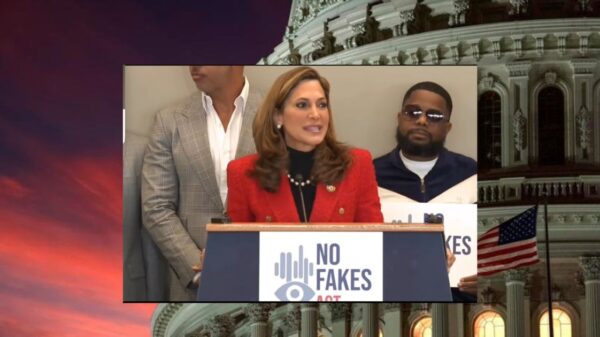Last week, U.S. Rep. Maria Elvira Salazar, R-Fla., threw her support behind a proposal to help battle “rising rates of substance use disorder and addiction across the country.”
U.S. Rep. Abigail Spanberger, D-Va., introduced the “Summer Barrow Prevention, Treatment, and Recovery Act” last week with Salazar and U.S. Reps. Kelly Armstrong, R-ND, and Tom O’Halleran, D-Ariz., co-sponsoring it.
“The Summer Barrow Prevention, Treatment, and Recovery Act, named for a Virginian who died by overdose in 2020, would reauthorize more than $900 million in funding through the Substance Abuse and Mental Health Administration (SAMHSA) to support our nation’s fight against the substance use disorder epidemic which, from October 2020-2021, claimed a record setting number of lives according to the CDC. Key programs funded by the legislation address overdose prevention, first responder training, co-prescribing programs, pregnant and postpartum women substance use disorder treatment, and alternatives to opioids in emergency rooms,” supporters noted.
“The addiction crisis touches all of our communities — whether urban, suburban, or rural. Right now, we need to recognize that there are two pandemics happening in our country; even as we’re making significant progress in the fight against COVID-19, the opioid and substance use disorder crisis continues to worsen. And going forward, we must focus on strengthening access to treatment and recovery programs,” said Spanberger. “That’s why I am proud to lead this bipartisan, comprehensive effort to forcefully respond to the substance use disorder crisis through SAMHSA.”
“Homelessness, mental health, and substance abuse are significant issues for South Florida, and Congress must confront these issues and the challenges they present,” said Salazar. “That is why I am very proud to co-lead this important legislation, authorizing grants to better equip community partners to assist those in need. It is time to provide the full range of tools available to save lives, improve health, and keep families together.”
The bill was sent to the U.S. House Energy and Commerce Committee. So far, there is no companion measure in the U.S. Senate.

















